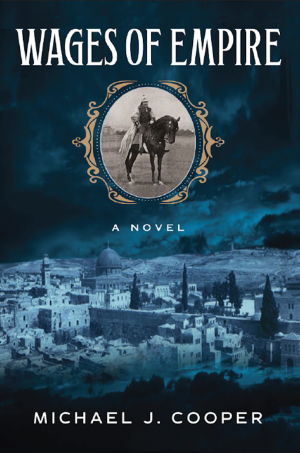A photograph with faint writing on the back, a traveling chess set, a silver pin. Noted scholar and author Susan Rubin Suleiman uses such everyday objects and the memories they evoke to tell the story of her early life as a postwar refugee and American immigrant.
Having evaded deportation to Auschwitz, but forced to flee Communist rule in Hungary, Susan’s family settled in Chicago, where she enjoyed a largely happy childhood. As a teenager in the 1950s, she felt a strong determination to become “100% American.” But a post-college year in Paris led her to appreciate how her European Jewish roots and “Americanness” can coexist.
In this coming-of-age story that probes the intergenerational complexities of Jewish immigrant families and the inevitability of loss, Susan looks to her own life as an example of how historical events shape our private lives. At once an intellectual autobiography and a reflection on the nature of memory, identity, and home, Daughter of History invites us to consider how the objects that underpin our lives become gateways to our past.




